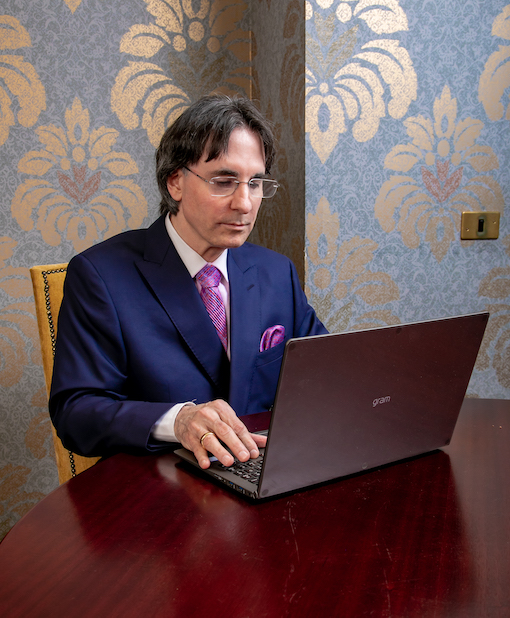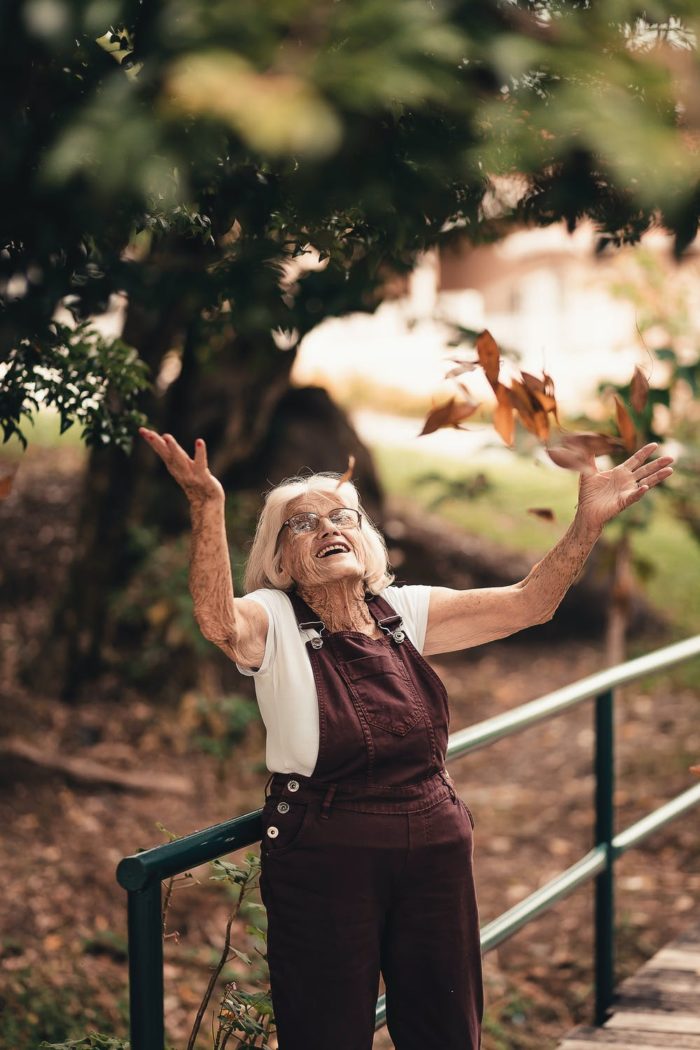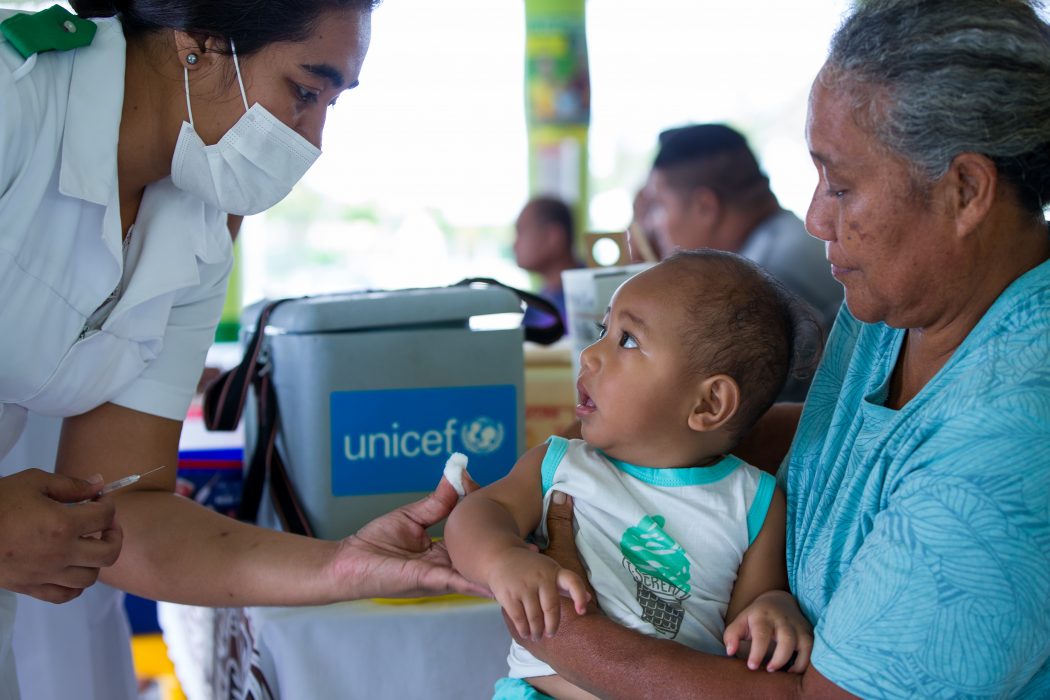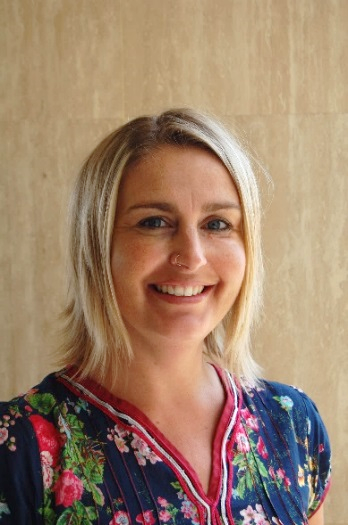Many people live as a victim of their own history. They act in servitude of bygone events and unconsciously towed into the future by the undercurrent of their past. For a person to become a master of their own destiny, we must first examine our own brain, understand what we value and change these values or forgive memories if they no longer serve us positively.
Human behaviourist, Dr John Demartini, has developed powerfully effective strategies (the Demartini Method and Value Determination) in identifying our personal values and learning manipulating oneself into becoming the most illuminated, clear-headed and equipped version of you possible.
The Demartini method, taught in his program ‘The Breakthrough Experience’, is a series of concise questions to help us see the hidden order in our daily chaos. It allows us to become conscious of unconscious information that causes us to have skewed, biased and emotional responses to events in our life.

By resetting the mind, we seek to turn negative events into opportunities for growth. Resentments are stored in our unconscious mind, occupying space and time, steering our behaviour and life. Dr Demartini believes you cannot escape the authority of past resentments and move forward unless we learn to love and appreciate them.
“I know a lady who was married to five men in a 25-year period, all of whom were alcoholics named Mike. Her father’s name was Mike and he was an alcoholic. As long as she’s got resentment for her Dad, she keeps marrying her Dad.”
One set of questions Dr Demartini devised in the method focuses on dealing with negative events and transforming them into positive lessons.
“Let’s say if somebody comes up and criticises you. You’re a little bit perturbed and upset. The question is what specific trait, action or inaction you perceive this individual to be demonstrating that you despise or dislike most. You define what just happened in the situation and what they did. And then you go to a moment where and when you perceive yourself demonstrating that same or similar behaviour in your own life,” says Dr Demartini
“It is not fair to judge somebody on the outside when they’re just reminding you of something on the inside, that you’re internally judging yourself for. A lot of our resentments come from things we’re ashamed of inside but don’t want to face.
“You then ask, how did that event serve you, how is it an upside? Every event has two sides, find out the upside to it and stack up enough benefits to it then you don’t have to be affected by it. You can actually be grateful for it and realise it has nothing to do with what happens, it’s your choice of perception. The resentment is no longer running you – you are running you.”
These questions assist in dusting through the attic of one’s mind in order to allow true perspective and make clear decisions that move forward, rather than murky ones that serve no one but our memories.

The complete method includes 80 questions; the 14 main questions are primarily about resolving resentment and infatuations, but others cater to more specific issues including perceptions of gain or loss, particular emotional states and dealing with dissociative states such as bipolar condition and schizophrenia.
The Demartini method exemplifies how a person can change their entire life through perception. Honed by Dr Demartini for more than four decades, it is used by governments, corporations, psychologists as well as ordinary people to reduce stress levels, eliminate emotional turmoil and focus on gratitude.
Value determination, used in parenting, leadership and self-actualisation, is a tactic to trick ourselves and others into doing something we want. It is another one of Demartini’s most popular mindset-based strategies.
Formatted around the idea that every human being, regardless of age, gender or culture has an evolving set of values that guide their life, value determination involves identifying these guiding inherent priorities in order to effectively motivate people.
Our brains create a hallucination based on how we filter reality, determined primarily by our values. Individuals are spontaneously inclined to do more of what they value and require extrinsic motivation and reminding from external sources to do things they value less.

“A mother whose highest value is children will walk into a store and her eyes will automatically seek children’s items. Her husband, whose highest value is entrepreneurship will have a completely different view when walking into the same store. Their children too will focus on different things than their parents.”
If we can identify what someone’s values are, we can frame a suggestion with their highest value emphasised. Respecting someone like a customer and selling ideas to them in terms of what they find most meaningful, will make the person both more responsive and gratified when the idea has been manifested.
This is a crucial tactic not only in parenting, says Dr Demartini, but in convincing ourselves to do something.
“If we can stack up enough benefits concurrent with your values, adding positive associations, we can eventually convince anyone to do anything.”
“If I took a hammer and asked to hit your thumb with it you’d say no, but if I told you that you could meet your biggest Hollywood crush, you’d put your thumb down on the table and say let’s go to work.”
“At a convention in Sydney, I convinced a woman at of her attraction to a not so typically attractive man in about four or five minutes. I painted a picture of him based on her fantasies, told her that he was intelligent, ambitious, entrepreneurial and suddenly her physiology changed. Because I accessed enough of her higher valued aphrodisiac centres, his looks were no longer an important factor. By the end of the conversation she was buzzing to meet him; I had to gently explain I had made this magical person up as an example.”
Values are constantly changing and growing throughout one’s life, through either gradual tweaking or cataclysmic change.

If the mother who holds her children as her highest value experiences her children dying in a horrific event, she will obviously have to adapt, and her values will subsequently change drastically. It is thus important to do a value determination test every so often to ensure we are working in accordance with our current self and not a past version.
In addition to easing difficulty in completing unpleasant things, value determinism allows meaningful fulfillment from accomplishing tasks that the individuals know are valued high to them. Increased resilience, adaptability, creativity, wellness quota and stronger immune system are tangible results seen by Dr Demartini in people successfully living congruently with their values.
Understanding oneself, knowing what we desire and having the tools to transform potentially negative situations into priceless information, are paramount to changing the relationship one has with themselves and others into something responsive and positive.
These two methods represent only a sliver of Dr Demartini’s practicing programs developed over 47 years.
More can be found on his website: https://drdemartini.com/

Human behaviourist is not a title likely to appear whilst rifling through career brochures, yet no other label fits Dr John Demartini as deftly.
A self-described ‘polymath’, Dr Demartini has studied psychology, human biology, chiropractic and neurology at a tertiary level and has an impressive field of knowledge outside that too; he could hold a perfectly respectable conversation on astrophysics if pressed. He is above all, an educator and studier of people.



















